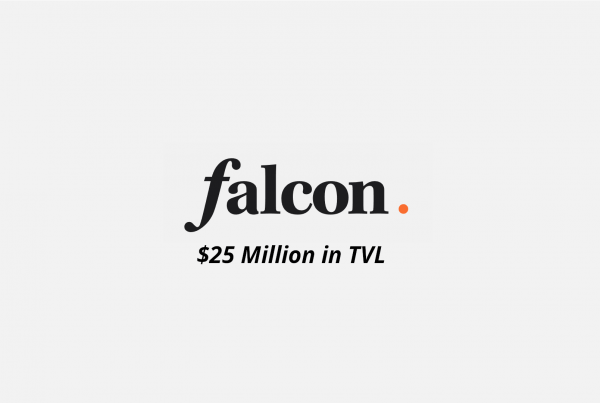
Key takeaways:
- The Bank of Russia, the government, and the country’s financial regulators have reached an agreement on how to regulate cryptocurrencies
- A draft of the new legislation will reportedly be prepared by February 18 and will treat digital assets akin to traditional currencies
- The reports of Russia moving towards crypto legislation comes two weeks after the country’s central bank called for a blanket ban on crypto, which was met with strong opposition
Russia is moving towards crypto legalization, will be levying fines towards illegal use of digital assets
After years of deliberation, the Bank of Russia and the government have finally agreed on the terms of the upcoming cryptocurrency legislation. According to a local news report by Kommersant, Russia is set to treat digital currencies as a form of currency and require every transaction over 600,000 rubles (approximately $8,000) to be declared to the authorities.
According to an official announcement by the government, the country will be integrating “the mechanism for the circulation of digital currencies into the financial system” and “ensure control over cash flows.” The excerpt from Tuesday’s announcement reads:
“The government has determined the future of digital currencies in Russia. The turnover of such financial assets will be regulated by the state with strict obligations for all participants in the professional market and an emphasis on protecting the rights of ordinary investors.”
Kommersant noted that a draft law will be prepared by February 18 and is expected to define cryptocurrencies “as an analogue of currencies, and not digital financial assets.” The upcoming legislation will reportedly impose strict restrictions on the use of crypto, likely meaning that only licensed intermediaries operating through the banking sector will be able to facilitate digital asset transactions. Those who illegally receive or send crypto as a means of payment, or fail to disclose transactions over 600,000 rubles to the authorities, could be subject to criminal offence charges.
The news of Russian financial watchdogs reaching an agreement on crypto comes two weeks after the central bank of Russia called for a blanket ban on crypto. At the time, several Russian tech and political leaders voiced their opposition to the ban, fearing that it would have a devastating effect on the country’s IT sector. Ivan Chebeskov, the Russian director for financial policy, was among the loudest critics of the proposed ban and said, “We need to give these technologies the opportunity to develop,” at the RBC crypto conference in January.
Last week, India’s finance minister Nirmala Sitharaman unveiled that the world’s second-most populous country in the world is planning to start collecting tax on crypto transactions, which will effectively legitimize digital assets payments and introduce state-backed safeguards for the nascent industry.



